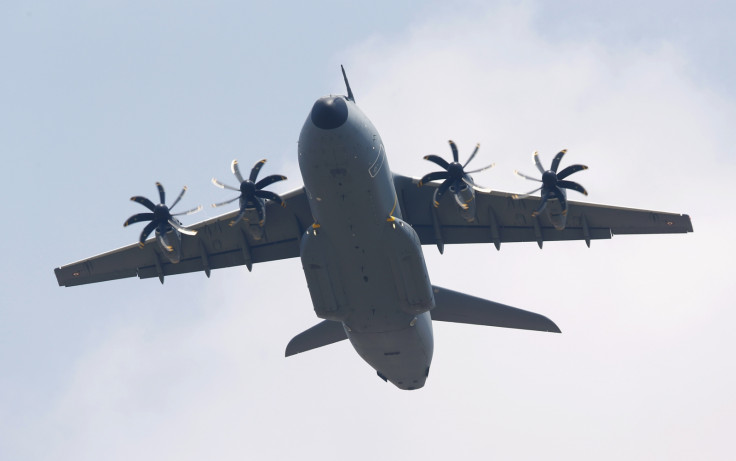Nato to begin emergency talks over Turkey-Syria border conflict

Nato is set to begin an emergency session following Turkey's request over Ankara's stepped up offensive against Kurdish and Islamic State (Isis) militants in Iraq and Syria.
Diplomats from all the 28 member states are to participate in the talks at the Nato headquarters in Brussels.
Ankara waded itself into the conflict after keeping away for long because of increasing attacks on Turkish soil in recent weeks.
Following intensified operations, Turkey invoked Article 4 of the Nato treaty to call for the talks. The provision, which has been invoked for only the fifth time in the 66-year-old alliance's history, allows member states to call for a meeting when their territorial sovereignty is under threat. Poland called for such meeting in March 2014 over Russia's annexation of Crimea.
"Nato allies follow developments very closely and stand in solidarity with Turkey," said the general-secretary of the transatlantic body, Jens Stoltenberg.
The meeting comes close on the heels of an announcement that the US and Turkey are planning to set up a buffer zone in northern Syria after flushing out IS jihadists.
"The rise of Islamic State in northern Iraq, in northern Syria, has effectively destabilised the southern border of Turkey. But also domestically, the threat of terrorism has become very real," Bruno Lete, senior officer and security policy at the Brussels-based think tank German Marshall Fund, told the Associated Press.
Ahead of the meeting on Tuesday, 28 July, Stoltenberg made it clear that Turkey had not sought substantial military assistance.
"Turkey has a very strong army and very strong security forces. So there has been no request for any substantial Nato military support," Stoltenberg said in an interview with BBC.
Turkey has targeted positions of IS and Syrian Kurdish forces, which are also battling the Islamists further complicating things in the conflict zone.
Turkey regards the Kurdistan Workers' Party (PKK) as a terror group and fears their growing presence will strengthen their goal of establishing an independent territory for ethnic Kurds.
© Copyright IBTimes 2024. All rights reserved.






